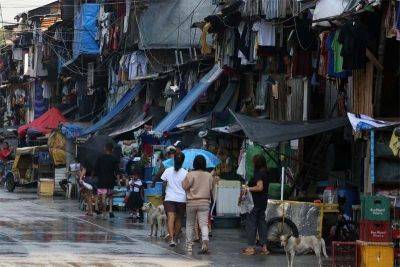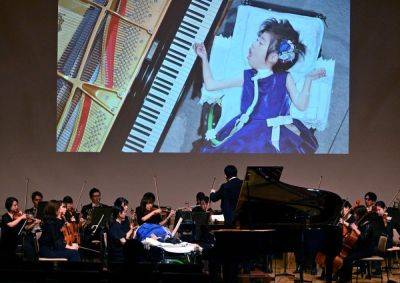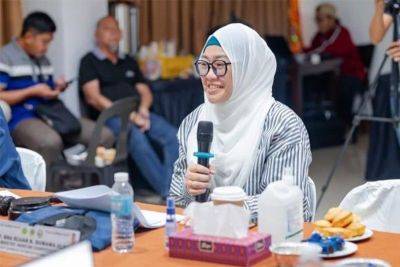‘Teachers’ plight, government neglect led to poor PISA performance’
MANILA, Philippines — The government’s years of neglect of the pressing problems in the education sector, including the welfare of teachers, led to Filipino students’ poor performance in the latest Program for International Student Assessment (PISA), the Teachers’ Dignity Coalition (TDC) said.
“The PISA result for 2022 does not come as a surprise. Similar to 2018, the Philippines continues to lag behind in terms of student academic achievement in the areas of science, mathematics and reading,” the TDC said in a press statement.
“This can be attributed to the lack of substantive measures taken to address the fundamental challenges in the education sector, in addition to the pandemic-related factors,” it added.
Based on the 2022 PISA results announced by the Organization for Economic Cooperation and Development (OECD) last Tuesday, the Philippines is still in the bottom ten, specifically at 76th out of 81 countries in terms of reading comprehension, mathematics and science.
The PISA, developed by OECD, measures 15-year-olds’ ability to use their reading, mathematics and science knowledge and skills to meet real-life challenges.
The Philippines first participated in the assessment in 2018 where it ranked last of the 79 countries.
While the Philippines moved up in rank, indicators of the 2022 test showed minimal improvement in the students’ performance.
Based on the OECD’s report, the mean scores of countries that participated in the 2022 PISA were 472 for mathematics, 476 for reading and 485 for science.
The Philippines scored about 120 points less than the average scores: 355 for math, 347 for reading and 373 for science.
The OECD said this meant that every 20 points lacking from the average represent one year of annual pace of learning of 15-year-olds in countries that participate in the PISA.
The Department of Education (DepEd), at a press conference a day after the release of the PISA report, admitted that the assessment results indicate that Filipino students are five to six years behind in learning competencies
“Although the DepEd admitted this ‘uncomfortable truth,’ it is important to note that this admission alone will not be sufficient to resolve the







